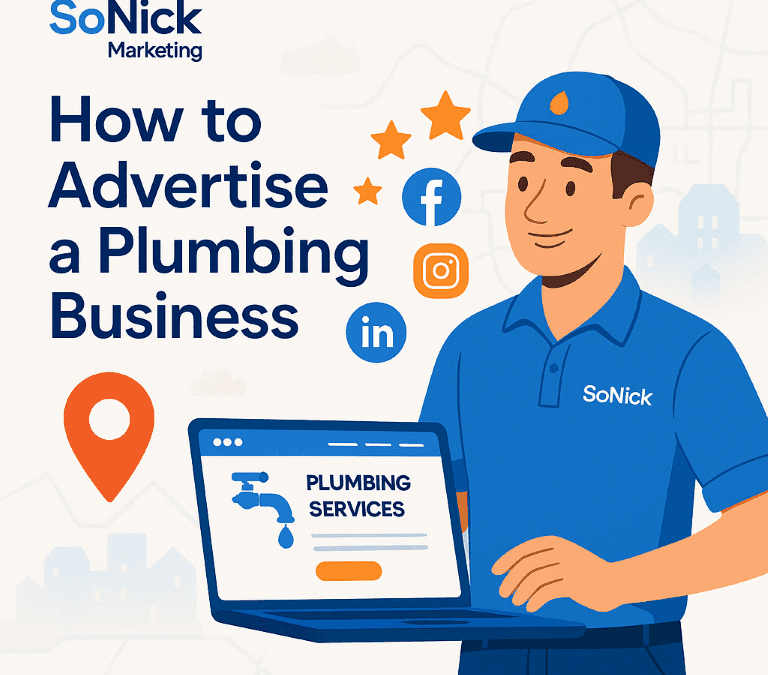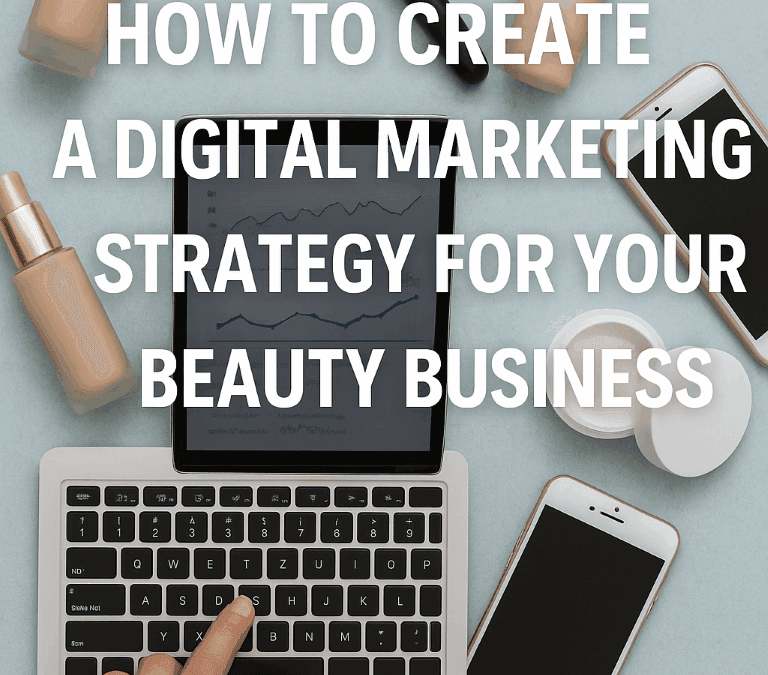If you’ve ever wondered how businesses achieve success in the competitive market, understanding the essence of marketing is key. Imagine a world where businesses thrive on connecting with their target audience and delivering solutions that meet their needs.
The role of marketing goes beyond just selling products; it involves crafting strategies that resonate with customers, differentiate brands, and drive growth. Let’s explore how marketing acts as a key to business success and opens up opportunities that propel companies forward in today’s dynamic business environment.
Key Takeaways
- Marketing creates, communicates, and delivers value to customers for business success.
- Understanding customer needs and building relationships are core to marketing strategies.
- Digital marketing, SEO, PPC, and innovative strategies drive brand awareness and growth.
- Marketing plays a crucial role in differentiating offerings, boosting visibility, and increasing conversions.
What is marketing?

Marketing is the heartbeat of your business, driving your success by connecting your offerings with consumer needs.
It involves strategic actions to build brand recognition, engage customers, and deliver value.
Definition of Marketing
In the domain of business success, the essence of marketing lies in the strategic creation, communication, delivery, and exchange of value to captivate customers. Marketing involves identifying ideal customers, understanding their needs, and developing strategies to attract their attention.
The core of marketing is establishing and nurturing customer relationships to drive business growth. By engaging in activities like advertising, selling, and product distribution, businesses can connect with their target audience and build brand loyalty.
Networking with clients and potential customers is a critical component of the marketing process, enabling companies to gather feedback, adapt to market changes, and guarantee long-term success in a competitive landscape. Marketing is the heartbeat of business, pulsating with the rhythm of customer satisfaction and loyalty.
What is the Purpose of Marketing

Why is creating, communicating, and delivering value to customers the core purpose of marketing in driving business success?
The purpose of marketing isn’t just about selling a product or service; it’s about creating a connection with your target audience. By understanding the needs and desires of customers, marketing aims to attract them to your brand, retain their loyalty, and ultimately drive profits for your business.
When you focus on creating value for your customers through your marketing efforts, you not only enhance customer engagement but also build a strong foundation for long-term relationships. Marketing plays a critical role in building brand awareness, establishing market presence, and differentiating your offerings from competitors.
What are the Types of Marketing

When contemplating the types of marketing, you must understand the diverse strategies available to reach your audience effectively.
Digital marketing, social media marketing, content marketing, email marketing, and influencer marketing are key components to ponder for your marketing mix.
Each type offers distinct advantages and can be tailored to suit your business goals and target audience.
1. Digital marketing
Utilising various digital marketing strategies is essential for businesses to effectively reach and engage with their target audiences in today’s competitive landscape. When implementing digital marketing tactics, consider the following key elements:
- SEO (Search Engine Optimisation): Enhances website visibility by optimizing content for search engines.
- PPC (Pay-Per-Click): Targets specific audiences through paid advertising campaigns.
- SMM (Social Media Marketing): Engages users on social platforms to build brand awareness.
- Email Marketing: Enables personalised messaging and direct communication with subscribers.
These digital marketing tools play a pivotal role in expanding brand reach, driving customer engagement, and ultimately contributing to business success in the digital era. By incorporating these strategies effectively, businesses can stay ahead in the competitive market environment.
At Lion Spirit Media, we offer packages for SEO, PPC or both! Take a look at them and get in contact if you want to find out more.
2. Social media marketing
To effectively harness the power of social media marketing, understanding the diverse types of marketing available is essential for maximising engagement and brand visibility. Social media marketing utilises platforms like Facebook, Instagram, and Twitter to engage with customers in real-time, creating brand awareness and enabling targeted advertising based on user demographics and behavior.
By measuring engagement metrics such as likes, shares, and comments, companies can assess the effectiveness of their social media efforts. This form of marketing is cost-effective and provides a direct channel for communication with customers, allowing businesses to tailor their strategies for better results.
Embracing social media marketing can greatly boost your brand’s online presence and enhance customer relationships through real-time engagement.
3. Content marketing
Content marketing encompasses a variety of strategies aimed at creating and sharing valuable information about products and services to engage and inform target audiences. When implementing content marketing, consider the following key points:
- Brand Awareness: By consistently providing valuable content, you can increase brand visibility and recognition among your target audience.
- Customer Engagement: Engaging content encourages interaction, feedback, and loyalty from customers, fostering stronger relationships.
- Lead Generation: Quality content can attract potential customers, generate leads, and expand your customer base.
- Valuable Content: Focus on creating content that’s informative, relevant, and addresses the needs and interests of your audience to drive engagement and conversions.
Employing these strategies effectively can lead to significant improvements in brand perception, customer relationships, and overall business success.
4. Email marketing
When considering different types of marketing strategies, email marketing emerges as a cost-effective and direct communication approach with a remarkable average ROI of £38 for every £1 spent.
It involves distributing targeted messages or newsletters to a subscriber list, often including personalised content like coupons and sales notifications to drive conversions.
Companies use email marketing not only to boost sales but also to engage with customers, fostering relationships that lead to repeat purchases.
This direct communication strategy allows for tailored content delivery, enhancing engagement and building brand loyalty.
5. Influencer marketing
In the domain of modern marketing strategies, influencer marketing stands out as a dynamic approach to leveraging online personalities for brand promotion and audience engagement.
When considering influencer marketing, it’s crucial to understand its key aspects:
- Collaboration: Partnering with individuals who’ve a strong online presence.
- Audience Reach: Leveraging influencers’ credibility to promote products or services.
- Platform Diversity: Utilising social media platforms like Instagram, YouTube, and TikTok for campaigns.
- Niche Targeting: Reaching specific target markets effectively for increased engagement and conversions.
6. Search engine optimisation (SEO)
To excel in the competitive digital landscape, mastering Search Engine Optimisation (SEO) is vital for businesses aiming to boost their online visibility and reach target audiences effectively. SEO focuses on increasing website visibility in search engine results pages (SERPs) by optimising content, meta tags, and backlinks to improve organic search rankings.
Websites on Google’s first page receive over 90% of organic traffic, underscoring the significance of SEO in driving website traffic. By implementing SEO best practices, businesses can attract targeted traffic, generate leads, and enhance online presence.
Ultimately, SEO plays an important role in increasing conversion rates, boosting brand awareness, and ensuring that your website is easily discoverable by potential customers searching for relevant products or services.
7. Pay-per-click (PPC) advertising
PPC advertising, a strategic digital marketing approach, empowers businesses to target specific audiences and drive traffic through paid online campaigns. When utilising PPC advertising, consider the following key aspects:
- Google Ads: This platform enables businesses to bid on keywords for ad display in search results.
- Conversion Tracking: Measure the effectiveness of campaigns by tracking actions like form submissions or purchases.
- Target Audience: Utilise precise targeting options based on demographics, interests, and online behavior for efficient ad delivery.
- Digital Marketing: Incorporate PPC ads on search engines, websites, and social media platforms to effectively reach and engage specific audiences.
8. Affiliate marketing
Affiliate marketing, a dynamic strategy in the domain of business promotion, offers companies a performance-based approach to expand reach and boost sales through third-party collaboration.
In this model, affiliates receive a commission for driving sales or leads to a business by promoting products or services that aren’t their own. This method not only incentivises third parties to actively promote the products but also proves to be a cost-effective way for businesses to tap into new audiences and increase market share.
9. Guerrilla marketing
Guerrilla marketing, characterised by its unconventional and creative approach, aims to captivate attention and spark excitement through innovative tactics such as viral campaigns and street art. This type of marketing strategy is all about engaging consumers in unexpected ways to create a memorable brand experience.
Here are four key aspects of guerrilla marketing:
- Utilises low-cost tactics like flash mobs or publicity stunts.
- Focuses on leaving a lasting impression on the target audience.
- Often employed by small businesses or startups with limited budgets.
- Can result in significant brand awareness and word-of-mouth promotion, boosting visibility and credibility in the market.
10. Experiential marketing
Experiential marketing, with its focus on creating immersive brand experiences, is a powerful strategy that aims to emotionally connect consumers with the brand. By offering interactive campaigns, events, or pop-up stores, brands can engage customers in memorable interactions that leave a lasting impact.
This emotional connection fosters brand loyalty, increases customer retention, and often leads to positive word-of-mouth referrals. Companies like Nike, Red Bull, and Coca-Cola have effectively leveraged experiential marketing to establish strong relationships with their audience.
Embracing this approach can set your brand apart, driving not only short-term sales but also long-term customer advocacy. So, consider incorporating experiential marketing into your strategy to create meaningful connections and enhance brand perception.
Frequently Asked Questions
What Is the Role of Marketing in Business Success?
In business success, marketing drives growth, builds relationships, and understands customer needs. Engaging with audiences through digital essentials and strategic tools like market research and analytics leads to increased sales and a competitive edge.
What Is the Role of Marketing as a Business Function?
In business operations, marketing serves as a strategic driver, shaping brand perception, driving customer engagement, and fueling growth. By understanding customer needs and leveraging digital tools, businesses can create impactful strategies to reach and resonate with audiences effectively.
What Is Marketing and Its Role?
In marketing, you craft strategies to engage customers, increase sales, and build brand identity. You reach and resonate with audiences effectively by leveraging digital tools like SEO and content marketing. These efforts drive business success.
What Is the Definition of Marketing Success?
To define marketing success, focus on achieving business goals through effective strategies. Engage customers, increase sales, and build a strong brand identity. Utilise digital marketing tools and analytics for insights. Measure ROI and adapt strategies for sustained success in the marketplace.
Conclusion
You now understand the critical role marketing plays in driving business success. By connecting with customers, building brand awareness, and utilising digital marketing tools, businesses can thrive in today’s competitive landscape.
Marketing isn’t just about selling products, but about understanding customer needs, adapting strategies, and measuring success. Embrace the power of marketing to increase sales, gain a competitive edge, and cultivate lasting customer relationships for long-term success.
If you need any help with your business’s marketing, get in touch with our team today!





0 Comments